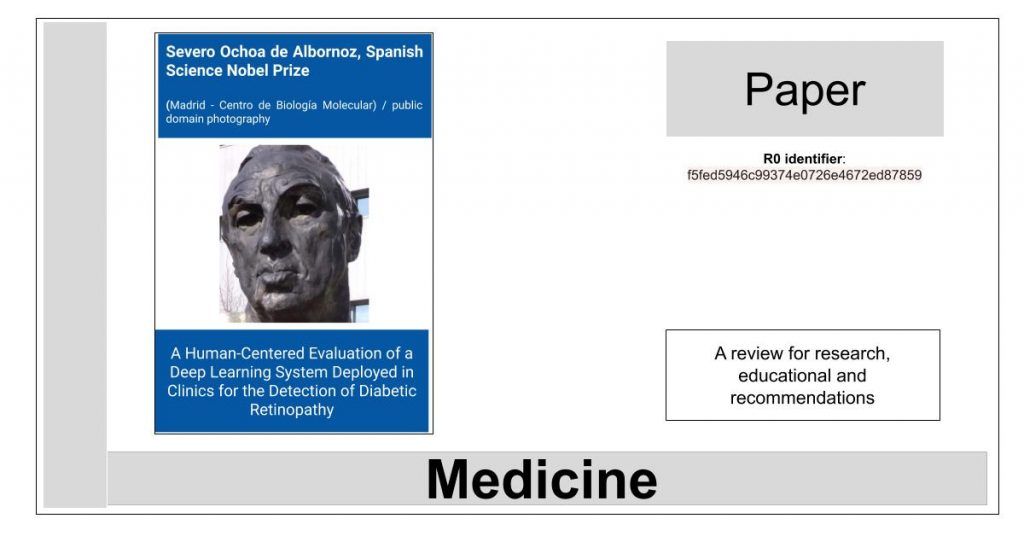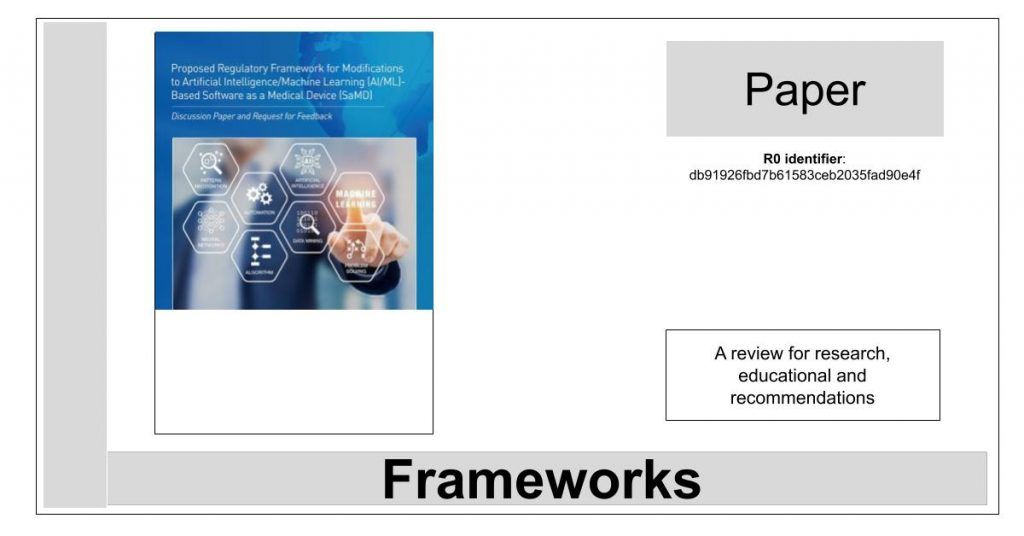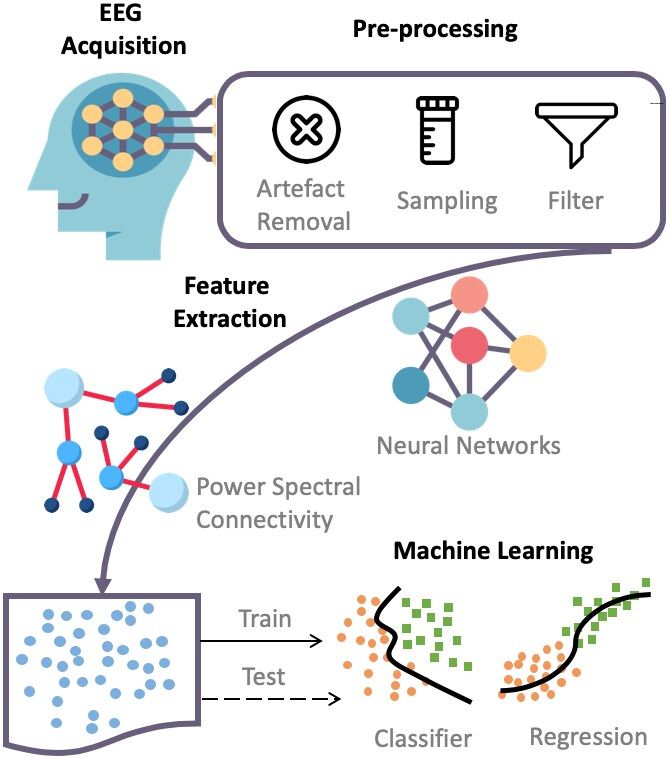A Human-Centered Evaluation of a Deep Learning System Deployed in Clinics for the Detection of Diabetic Retinopathy
This paper contributes the first human-centered observational study of a deep learning system deployed directly in clinical care with patients. Through field observations and interviews at eleven clinics across Thailand, we explored the expectations and realities that nurses encounter in bringing a deep learning model into their clinical practices. First, we outline typical eye-screening workflows and challenges that nurses experience when screening hundreds of patients. Then, we explore the expectations nurses have for an AI-assisted eye screening process. Next, we present a human-centered, observational study of the deep learning system used in clinical care, examining nurses’ experiences with the system, and the socio-environmental factors that impacted system performance. Finally, we conclude with a discussion around applications of HCI methods to the evaluation of deep learning algorithms in clinical environments.





